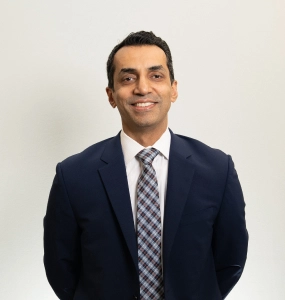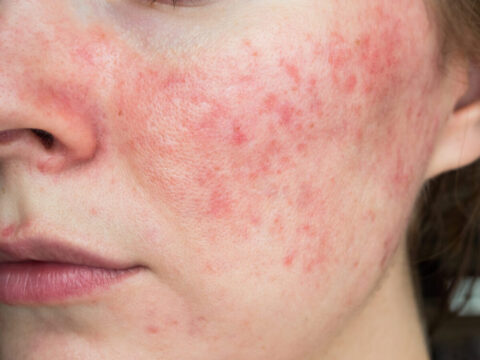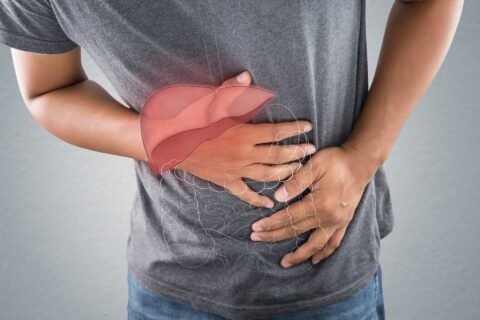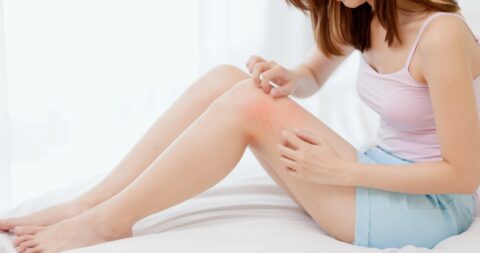Spider veins are extremely common and can appear almost anywhere on the body. Formed when the blood flow pools on the blood vessels under your skin, spider veins differ from varicose veins in that they don’t happen in larger veins and they’re not limited to areas like the lower leg. But apart from being a blemish on your skin, one question that you may have about spider veins is whether or not they can be painful since blood flow is involved.
So do spider veins hurt? Because they’re tiny veins that don’t really bulge out from the surface of the skin, spider veins are usually not painful. They can be easily treated with laser therapy, though patients should always monitor their condition to make sure that they aren’t dealing with a more serious vein condition like deep vein thrombosis, a blood clot, or abnormal veins in general.
Can Spider Veins Cause Pain?
A spider vein can occur anywhere where there is a vein wall or veins in general, but they’re most prominent on the limbs and stomach. Generally, they’re of little concern to the patient unless they want it removed for aesthetic reasons, and most people live fine with a few spider veins here and there as they get older.
Spider veins can occur with almost any kind of vein, from reticular veins to superficial veins. The latter is more likely to form in the leg vein, given that blood flow to that part of the body tends to experience more blood flow changes than the limbs above it. Because your veins are working both with and against gravity, they’re the first place that vein conditions like a spider vein or a varicose vein will develop.
However, since spider veins generally affect smaller vein systems, they don’t really hurt most people. At the very least, they can cause some mild discomfort and perhaps some itching, but these can be resolved easily by improving the circulation in the area via compression therapy or using methods like laser therapy or sclerotherapy to get rid of them.
But What If My Spider Veins Do Hurt?
If your spider veins hurt, they aren’t always an immediate cause of alarm. Depending on your lifestyle, age, and genetics, some people are more likely to experience painful spider veins than others. However, actual and acute pain – like a burning sensation – on a spider vein is quite rare. Since they’re not a larger vein, they shouldn’t cause anything more than mild discomfort.
In these cases, home remedies like compression stockings, changing your sitting habits, and even going out for a walk can all help mitigate any pain that you experience from spider veins. Since the goal of these exercises is to simply improve the blood circulation in the affected vein, they’re relatively easy to integrate into your daily routine and shouldn’t cost too much.
In most cases, any discomfort will go away with enough treatment and time, and the spider veins themselves may even disappear if you don’t have that many. You can also choose more direct options like laser therapy or radiofrequency ablation to close the veins or make them clot so they no longer show up on your skin.
Keep in mind that while there are plenty of advised home remedies and cures that are targeted to treat spider veins, it’s still important that you take the opinion of your doctor or a vein specialist into account. Under no circumstances should you try anything alongside the likes of supplements or drugs to treat your spider veins. If you ever have any doubt about how to manage your spider veins, you should always consult a professional.
Can I Just Ignore Painful Spider Veins?
But given the different causes of spider veins and how severe they can be from patient to patient, can you afford to ignore painful spider veins? If you’re already prescribed a treatment option by your doctor, then waiting for the effects of your treatment is the best way to go. You shouldn’t interfere with any ongoing treatments without the advice of your doctor, since they may lessen their efficacy.
If you are experiencing painful spider veins, the best way to deal with them is to get them looked at immediately. For cases of sudden and acute vein pain, it’s imperative to establish that a blood clot hasn’t formed and is cutting off your circulation – and especially to prevent that clot from traveling back to your heart and causing a pulmonary embolism.
However, it’s also equally important to ascertain whether or not the leg pain you’re feeling is actually caused by spider veins and not some other condition like skin ulcer or chronic venous insufficiency. These conditions (while somewhat related and in some cases can be caused by spider veins) need different treatment options and would not respond to usual treatment.
One condition that may respond well is if you’re experiencing varicose vein pain. Painful varicose veins and spider veins have more or less the same symptoms and appearance, though varicose vein pain is more painful. Varicose vein treatment is also quite similar to spider vein treatment – though again, the final call on which kind of treatment is best for you should be left to a vein doctor or a vein specialist.
A good rule of thumb to follow is that anything that’s outside the normal range of sensations to feel with spider veins (especially if they’re accompanied by other symptoms like swelling or discoloration) call your doctor immediately. They can be a sign of more serious complications that need immediate treatment.
Read more: How to Get Rid of Spider Veins?
Get Effective and Immediate Spider Vein Treatment With The Vein Center Doctor Today
Spider veins may be unsightly to deal with, but they aren’t painful. A vein specialist can easily take care of them with laser treatment to the affected vein, or sclerotherapy for superficial spider veins. If you experience any leg pain, swelling, or discomfort because of spider veins, it’s best to get it checked as it could be a sign of more serious vein disease.
The Vein Center prides itself on being a patient-centric vein clinic, with the expertise, tools, and experience necessary to treat any vein problem. From severe varicose veins to chronic venous insufficiency, our vein doctor can help you manage any vein condition with the best treatment options like radiofrequency ablation or more conventional methods like compression stockings.
For more information about our services, info on how to get a healthy vein, or treatments for visible veins in general, contact us today.







